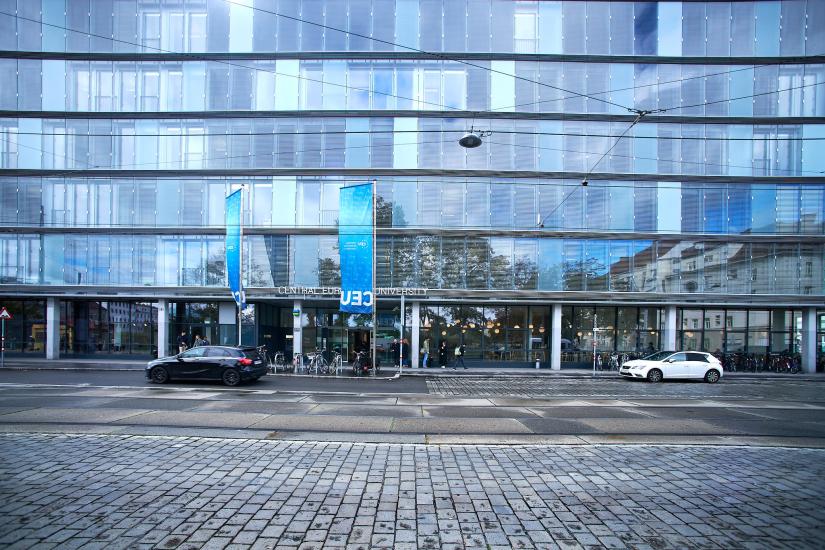
The online component of this event is open to the public. You can find the registration link on the right.
ABSTRACT / Tie strengths in social networks are heterogeneous, with strong and weak ties playing different roles at the network and individual levels. Egocentric networks, networks of relationships around an individual, exhibit few strong ties and more weaker ties, as evidenced by electronic communication records. Mobile phone data has also revealed persistent individual differences within this pattern. However, the generality and driving mechanisms of social tie strength heterogeneity remain unclear. Here, we study tie strengths in ego- centric networks across multiple datasets of interactions between millions of people during months to years. We find universality in tie strength distributions and their individual-level variation across communication modes, even in channels not reflecting offline social relationships. Via a simple model of egocentric network evolution, we show that the observed universality arises from the competition between cumulative advantage and random choice, two tie reinforcement mechanisms whose balance determines the diversity of tie strengths. Our results provide insight into the driving mechanisms of tie strength heterogeneity in social networks and have implications for the understanding of social network structure and individual behavior.
Paper: https://doi.org/10.1038/s41467-023-40888-5
BIO / Dr. Gerardo Iñiguez is associate professor in complex systems at the Faculty of Information Technology and Communication Sciences of Tampere University. He’s also visiting professor at the Department of Network and Data Science of Central European University (Austria), the Department of Computer Science of Aalto University (Finland), and at the Center of Complexity Science of UNAM (Mexico). His research, a mix of network science, computational social science, and complex systems, focuses on the dynamics of social networks and hierarchical systems, information exchange in techno-social systems, and the coupling between structure and dynamics in the emergence of complexity in society. Gerardo’s work, combining the computational analysis of large-scale social data with mathematical network modelling, has been published in high-impact journals including Nature Communications and Physical Review Letters. He’s also associate editor in complex networks and review editor in complex physical systems at Frontiers, and member of the European Humane AI Net project.